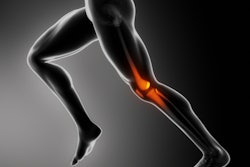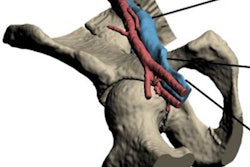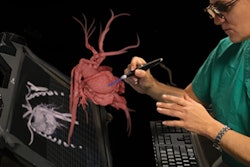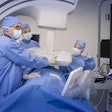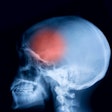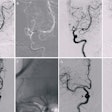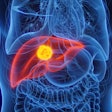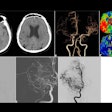Dear AuntMinnie Member,
First lady Melania Trump is recovering well after undergoing an interventional radiology procedure to treat a benign kidney condition.
Mrs. Trump underwent renal artery embolization yesterday at Walter Reed National Military Medical Center. The procedure is performed under imaging guidance and involves the insertion of a catheter that is guided to the kidney to release an agent that blocks the blood supply to the lesion.
Proponents of interventional radiology are highlighting the procedure as yet another example of the value of the discipline for providing noninvasive treatment for a wide variety of conditions. Interventional radiology was elevated to the status of a full medical specialty in just the past few years, so this week's news gives the discipline another chance to demonstrate its value.
Read more by clicking here.
PET for early Alzheimer's detection
In other news, two studies this week in JAMA Neurology highlight the value of new PET radiotracers for predicting which individuals with cognitive issues may progress to Alzheimer's disease.
In the first study, researchers from South Korea tested PET with F-18 AV-1451, also known as flortaucipir, a tracer that binds to amyloid and tau-based neurofibrillary tangles. They found more flortaucipir uptake in certain areas of the brain that were associated with tau accumulation.
In the second study, a multicenter group analyzed PET scans with F-18 flutemetamol to see which patients might develop Alzheimer's disease based on beta-amyloid accumulation. Read more by clicking here, or visit our Molecular Imaging Community at molecular.auntminnie.com.
USPSTF and CT screening
Finally, visit our CT Community for a new article on the review of CT lung cancer screening that's been opened up by the U.S. Preventive Services Task Force (USPSTF). Experts believe that the review is simply a routine part of the USPSTF's five-year cycle for reviewing its guidelines, but given CT lung screening's roller-coaster history, it's worth watching the process closely. Click here to read Assistant Editor Abraham Kim's interview with Dr. Ella Kazerooni of the University of Michigan.
While you're in the community, be sure to read this article about different risk-based models for determining who should undergo CT screening.





